 Together
TogetherStories and Poems by Julius Chingono and John Eppel
’amaBooks Publishers, Bulawayo. ISBN: 978-0-7974-4228-3
University of New Orleans Press. ISBN: 978-1-60801-049-3
University of KwaZulu-Natal Press. ISBN: 978-1-86914-213-1
154 pages,
Published 2011
Together is an exciting new offering that celebrates the writing of two of Zimbabwe’s veteran authors, Julius Chingono and John Eppel. In Together, the Bulawayo-based publishers, ’amaBooks, the University of New Orleans Press and the University of KwaZulu-Natal Press break new ground in Zimbabwean English language writing; the anthology bridges the gulf between the black and white literary traditions. While the roots of this chasm lie deep in Rhodesian colonialism, the short stories and poems collected here literally bring the two traditions together in fascinating ways. Interestingly, it is the crisis of the past decade that seems to have revealed elements of shared experience across racial lines.
Julius Chingono brings a distinctive humour to his stories and poems about a country in the grip of an economic and political crisis. Despite the massive failure of the postwar government to deliver the economic fruits of independence to the majority, Chingono exhibits an uncommon ability to laugh at the absurd that now passes for the norm; a supposedly revolutionary party that imposes election candidates and arrests party supporters who question such practices, a lifestyle built around waiting where shortages are commonplace, the predatory behaviour of public toilet cleaners who practically rob the public and more.
But there is more than wry humour here. Against a background of lofty government programmes such as Housing for All by Year 2000, Health for All by Year 2000 and others, Chingono has no qualms satirizing these failures. In the poem, 20-044L(page 23), he writes:
The number on my door
reads 20-044L,
but it is not the number
of my house.
The scrap metals
that make the door
include
a motor car number plate.
Never losing his humour, Chingono’s stories and poems comment on the lives of ordinary men and women – the working classes – who do not necessarily lose their ambitions because the government has launched Operation Murambatsvina to destroy their houses and places of business. In the story Shonongoro, for instance, a harmless-looking public toilet cleaner gently taps into traditional Shona speech registers between in-laws to trap a patron to part with a few dollars! In Chingono’s world, there are few saints!
Read Murehwa, the story of an old bachelor who dies without ever engaging a lover and discover Chingono’s hilarious narration of the sahwira’s prescription to “fix” the dead man’s stubbornly erect male member.
Although the humour of these stories and poems is an enchanting antidote to the depressing statistics of the news media, just under the surface lurks tear-jerking evidence of mass trauma of the past decade. In The Dread Gentleman, for example, one meets a mysterious man who goes through the motions of selling wares that are not there. That is until the man invites a group of Apostolic churchmen to bless the piece of ground on which he plans to start a new shop. The language of the churchmen’s prayers takes an overtly secular ring; “Good God, your son, oh Lord, that his enemies may be vanquished. His children are hungry because the devil has destroyed their livelihood. Our sons and daughters sleep out in the cold because the devil has removed all shelter from around and above them.” It becomes evident that the man is one more victim of the widely-condemned government forced removal effort ominously-called Operation Murambatsvina. And yet despite the evidence of trauma, his spirit is not crushed; he rejects the victim tag by re-establishing his retail business at the newly-blessed spot!
John Eppel is master of satire. His short stories and poems are more overtly political, displaying a certain anger at the turn of events. The stories and poems comment on the often contradictory political process in post-independence Zimbabwe. The outbreak of violence during elections is a worrying symptom of something more ominous for Eppel. In Broke-Buttock Blues, for example, Eppel reminds the reader of the violence of past elections (p.102):
They burned all our mealies, our chickens, our dog,
they burned all our mealies, our chickens, our dog;
my uncle, they hit him to death with a log.
Eppel sees a pattern of state violence against the citizenry right from the moment of independence. In Two Metres of Drainage Pipe and Bhalagwe Blues, Eppel evokes memories of the Gukurahundi massacres of the early 80s. In Bhalagwe Blues, which borrows its title from one of the Gukurahundi torture camps, Eppel relives the misery of detainees (p.126):
We dig many graves every day in the sun,
we dig many graves every day in the sun,
they tease us then kill us, they do it for fun.
In Discarded, Eppel shows us what can happen to institutions in the wider context of the chaos. The land reform programme is quickly hijacked by fake war veterans who have no real interest in farming and violence is mistaken for patriotism. The line between crime and political activism is blurred.
Who Will Guard the Guards? is an hilarious take on what happens when law enforcers become victims of an economic downturn; they turn criminal. A benevolent white Zimbabwean offers free accommodation to a young black police technician who later steals the good Samaritan’s belongings. When the victim visits the police station, he finds the senior police officer investigating the crime actually wearing his stolen belt!
Bloody Diamonds touches on the controversy surrounding the recent diamond mining ventures in parts of Zimbabwe. For Eppel, the corrupt manner in which the diamonds are mined is symptomatic of the government’s lack of responsibility to its citizens.
But it is not all gloom and doom for Eppel. He pays homage to ordinary Zimbabwean women of WOZA in Song for WOZA who stand up to government tyranny (p.100):
Women of this land arise,
fling your windows open wide,
let the breeze of change, denied,
let it take you by surprise.
Amandla omama!
Taken together, Chingono and Eppel’s writings complement each other beautifully. They challenge the reader to reflect on Zimbabwe’s lost decade. Together is a delightful – sometimes painfully delightful – read worth every penny that reflects on some of Zimbabwe’s most pressing contemporary issues in surprising ways. It also is a volume that begs one to rethink how Zimbabwean literature has been read and theorized over the years.
Joseph Chikowero
University of Wisconsin-Madison


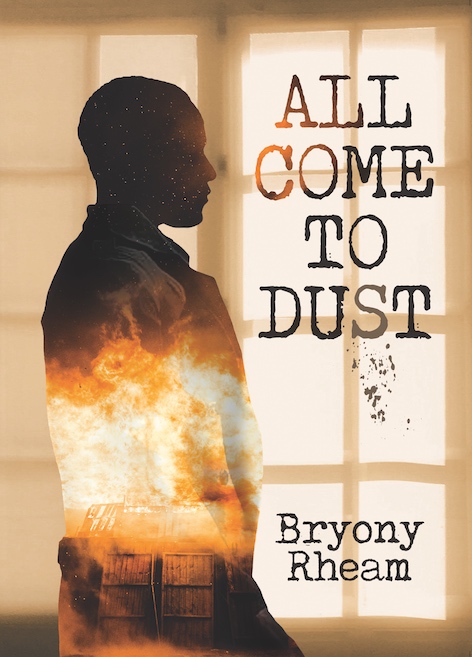
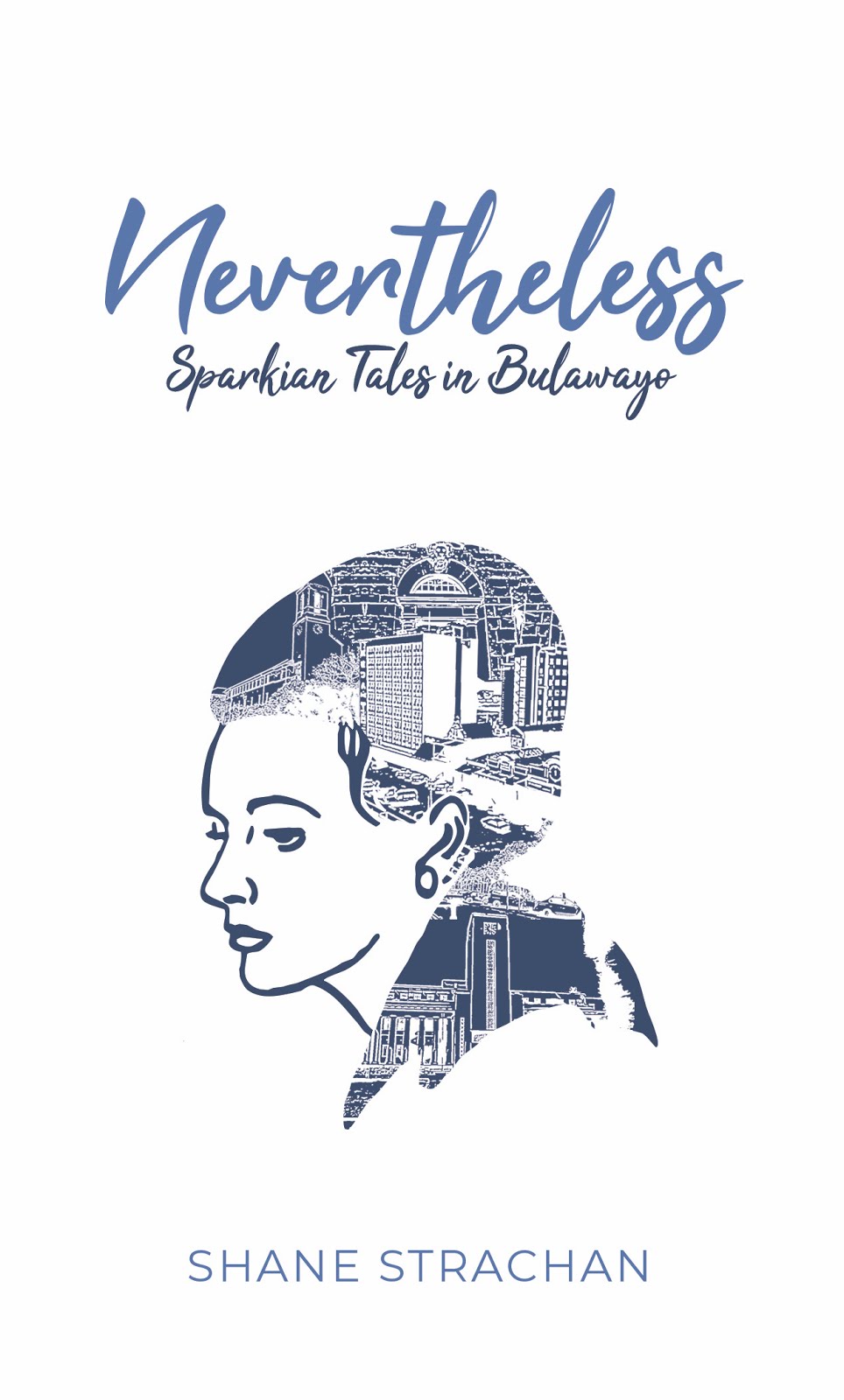





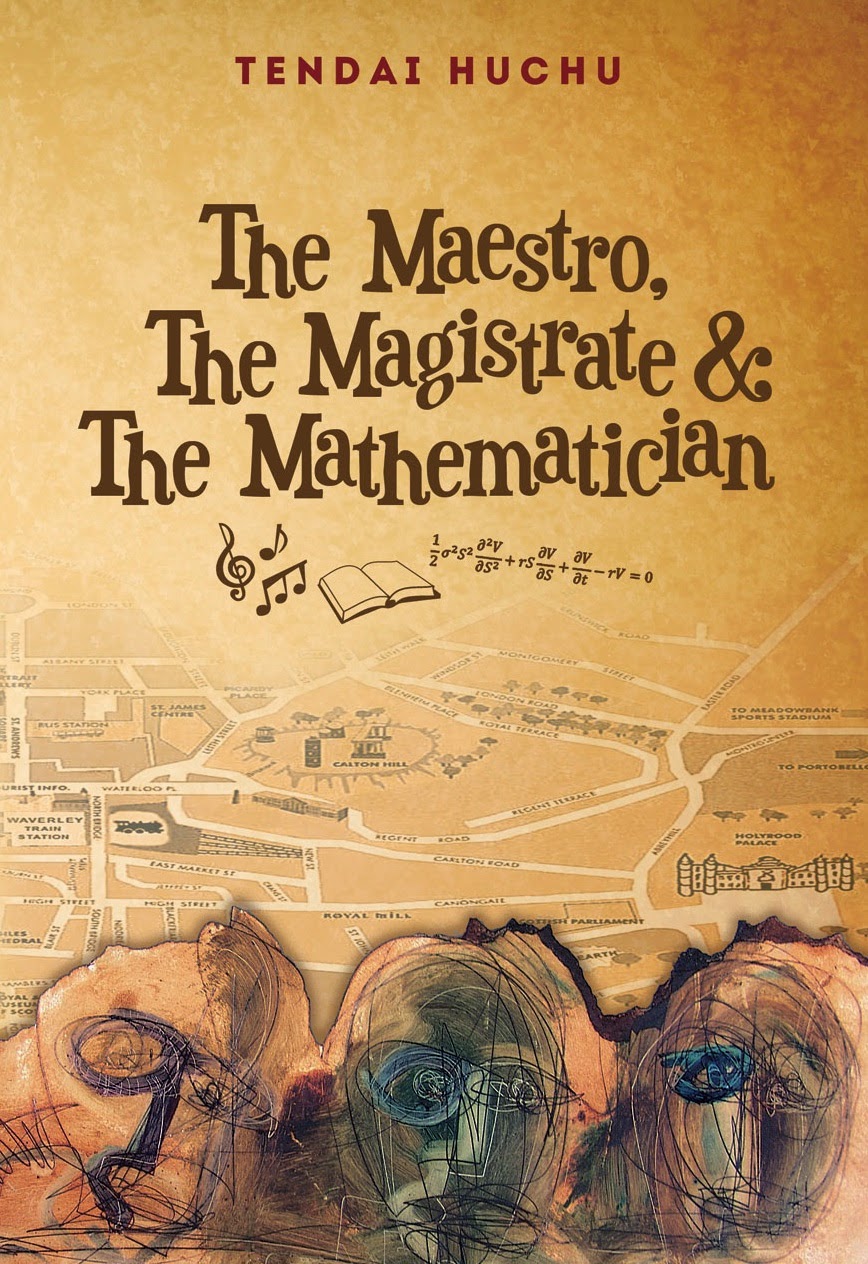
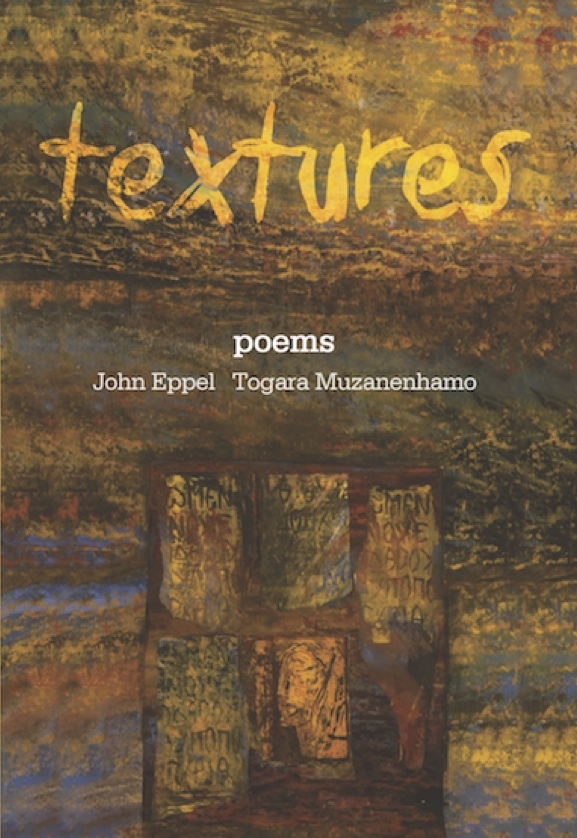
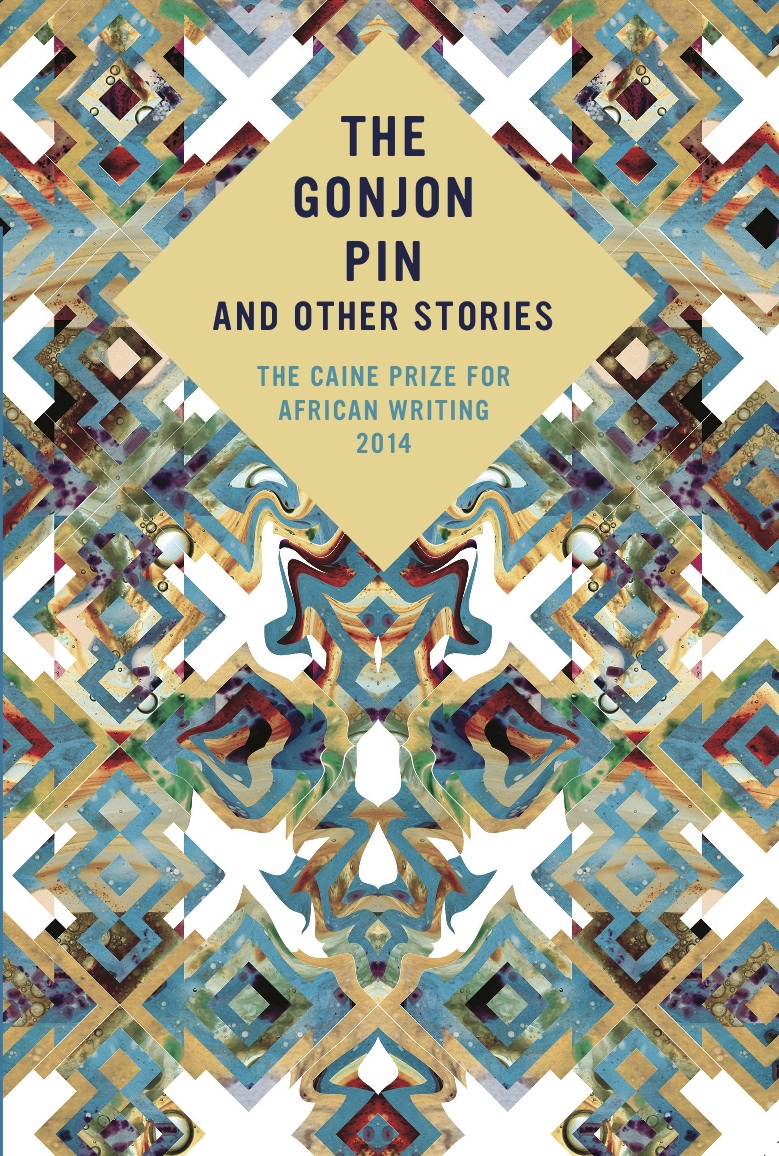
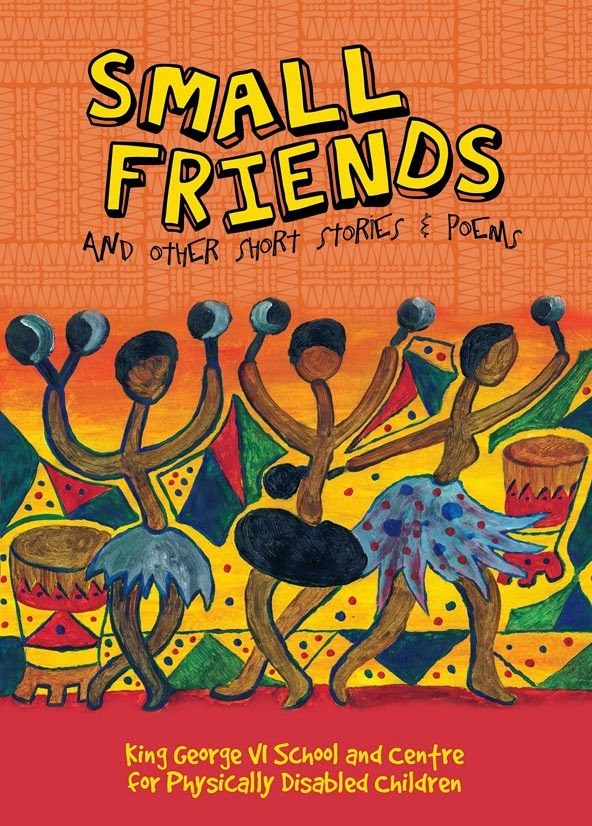
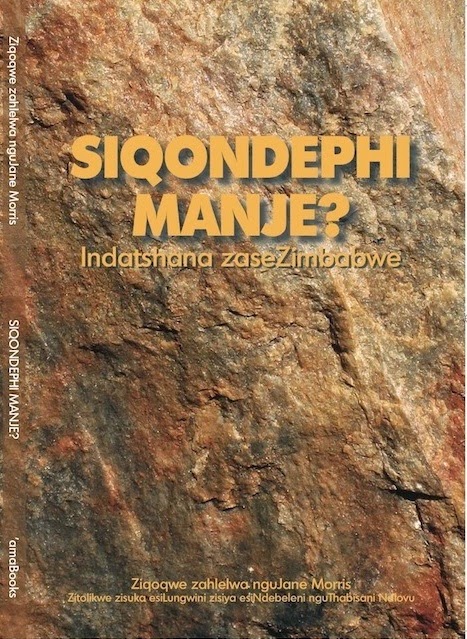
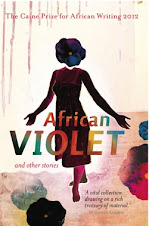

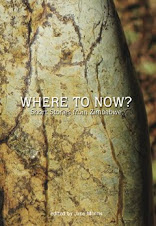
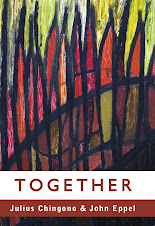
.jpg)

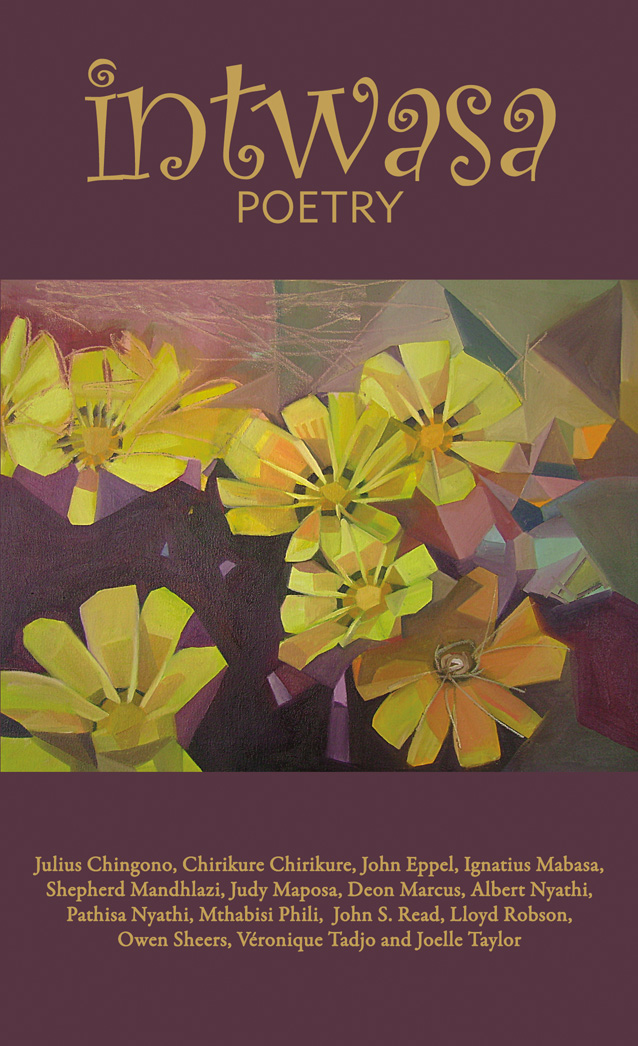


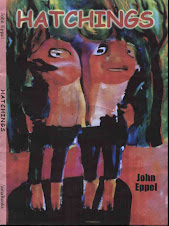













.jpg)











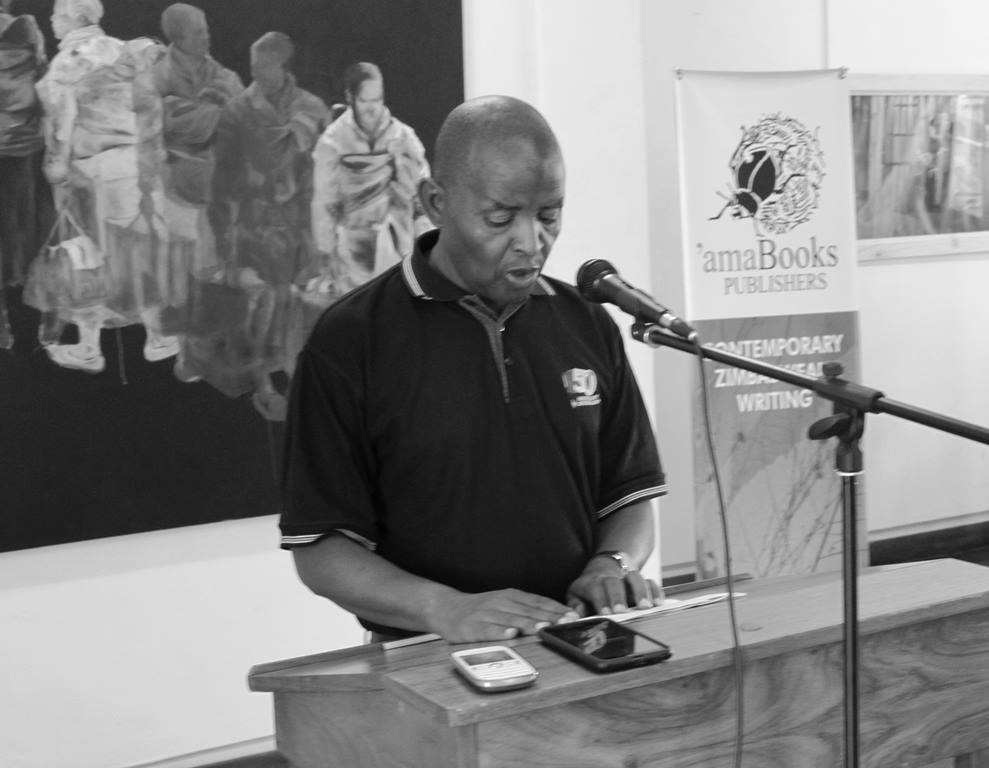
















No comments:
Post a Comment